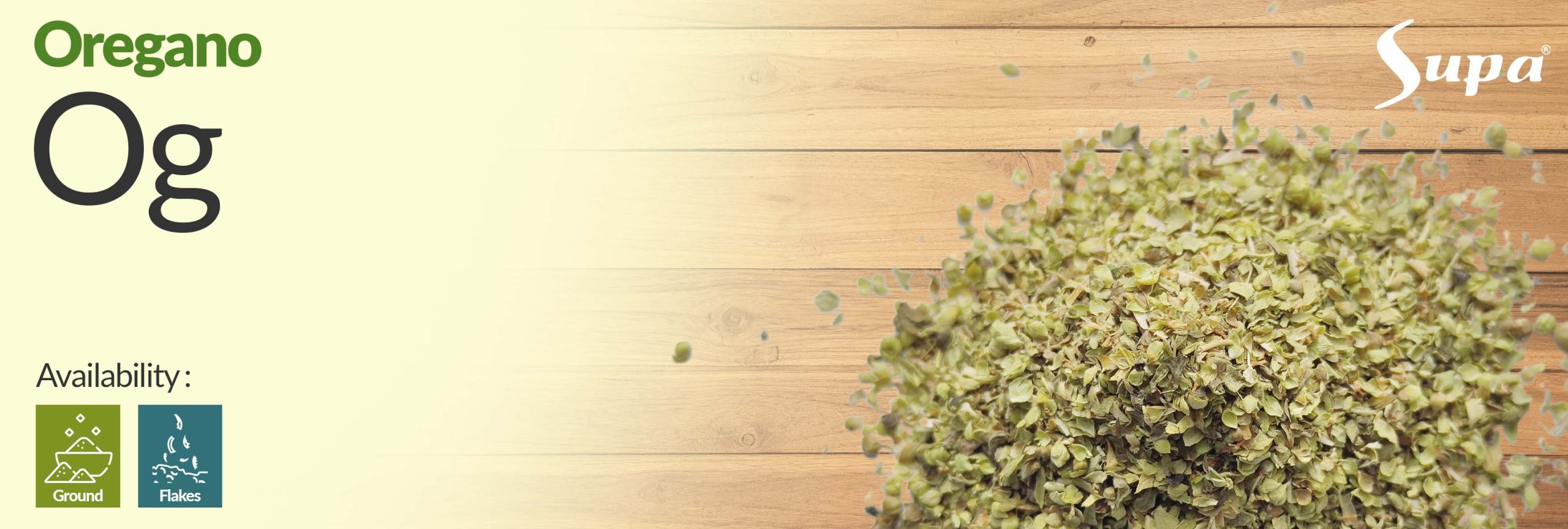
Oregano, scientifically known as Origanum vulgare, has a history that stretches back through ancient civilizations and across diverse cultures. Native to the Mediterranean region, oregano has been used for its culinary and medicinal attributes for millennia. The Greeks and Romans regarded it highly for its aromatic and flavor-enhancing properties, often using it in cooking and as a symbol of happiness and good luck.
In traditional medicine, oregano was used by various cultures for its potential health benefits. Its essential oil was employed for its antimicrobial properties, and oregano-infused teas were consumed to alleviate digestive issues and respiratory discomfort. The primary active compound responsible for its characteristic flavor and potential health effects is carvacrol.
Oregano’s popularity has endured over time, and it remains a staple in Mediterranean cuisine, adding a robust and earthy flavor to dishes like pasta sauces, grilled meats, and salads. The herb’s versatility extends to its use in herbal teas and essential oils. Whether in the kitchen or in the realm of well-being, oregano continues to be celebrated for its rich history, distinct flavor, and potential contributions to health and culinary delight.
Flavor: Oregano has a robust and earthy flavor with slightly peppery and pungent notes. Its flavor is often described as a blend of herbal, slightly spicy, and mildly bitter characteristics. The intensity of the flavor can vary based on factors like the type of oregano, growing conditions, and culinary applications. Taste: The taste of oregano is characterized by its herbal and slightly bitter profile. It has warmth and spiciness that are milder compared to other herbs like thyme or rosemary. The bitterness is usually balanced, contributing to a well-rounded taste. Aroma: Oregano is known for its strong and aromatic qualities. It has a pungent, slightly sweet aroma with hints of woodiness. Crushing or chopping the leaves releases their essential oils, intensifying the aroma and enhancing the overall sensory experience.
Culinary Flavoring: Oregano is a popular culinary herb known for its robust flavor. It's commonly used to season dishes like pasta sauces, pizzas, roasted meats, and grilled vegetables. Herb Blends: Oregano is a key ingredient in many herb blends, such as Italian seasoning and Greek seasoning. These blends are used to enhance the flavor of a variety of dishes. Preserving Foods: Oregano's antimicrobial properties have historically been used to preserve foods. It's often added to pickles, marinades, and cured meats to help inhibit the growth of harmful microorganisms. Herbal Infusions: Oregano leaves can be used to make herbal infusions or teas. Oregano tea is sometimes consumed for its potential health benefits, which include antioxidants and potential digestive support. Aromatherapy and Essential Oil: Oregano essential oil is extracted from the leaves and used in aromatherapy. It's believed to have antimicrobial properties and is sometimes used in diffusers to help cleanse the air.
Origin : Turkey Botanical Name : Origanum vulgare Composition : Oregano Color : Brownish Green Moisture Content : Max 12% Shelf Life : 12 Months Loadability : 20 FCL Package : Carton Packing *For more detailed specifications, please feel free to contact us.

